Introduction
Vata Dosha, which is associated with the air and space elements, governs movement, creativity, and flexibility in both the body and mind. When it becomes imbalanced, Vata Dosha can lead to anxiety, restlessness, dryness, and irregular digestion. Therefore, to pacify Vata Dosha and restore balance, Ayurvedic herbs offer a natural and effective solution. By incorporating these herbs into your daily routine, you can alleviate symptoms associated with Vata Dosha and promote overall wellness.
Key Herbs for Balance Vata Dosha
1. Ashwagandha
Benefits: Known for its grounding and calming properties, Ashwagandha helps reduce stress, anxiety, and fatigue, which are common in Vata imbalances. Additionally, it supports a stable energy flow throughout the day and promotes restful sleep.
How to Use: You can take Ashwagandha powder or capsules daily, or alternatively, mix the powder with warm milk for a soothing night drink.
2. Ginger (Shunthi)
Benefits: Ginger is a warming herb that stimulates digestion and balances the cold, dry qualities of Vata. Consequently, it effectively addresses issues such as indigestion, bloating, and irregular appetite, making it essential for Vata’s digestive health.
How to Use: Regularly consume fresh ginger tea or incorporate powdered ginger into your meals to strengthen digestion.
3. Licorice (Yashtimadhu)
Benefits: Licorice hydrates and nourishes the body, thus counteracting the dryness commonly seen in Vata imbalances. Furthermore, it soothes the digestive system and supports respiratory health.
How to Use: You can enjoy licorice in tea or as a powder mixed with honey for its soothing effects.
4. Triphala
Benefits: Triphala, a blend of three fruits (Haritaki, Bibhitaki, and Amalaki), promotes regular digestion and detoxification. Moreover, it gently cleanses the colon and supports elimination, which is vital for Vata balance.
How to Use: Take Triphala powder or capsules before bed to aid digestion and detoxification.
5. Bala (Sida Cordifolia)
Benefits: Bala is a strengthening and nourishing herb that helps build vitality and supports the nervous system. Thus, it is ideal for those experiencing weakness or fatigue due to Vata imbalance.
How to Use: You can take Bala as a supplement or use it in Ayurvedic oils for massage, which promotes strength and calmness.
6. Cardamom (Elaichi)
Benefits: Cardamom effectively soothes Vata by warming the digestive system and calming the nerves. In addition, it reduces bloating and enhances appetite, addressing common issues in Vata imbalances.
How to Use: Add cardamom to tea, milk, or dishes to experience its digestive benefits.
7. Shatavari
Benefits: Shatavari is an adaptogenic herb that deeply nourishes and calms Vata, particularly for women’s health. It aids in hormonal balance, hydration, and grounding energy.
How to Use: Take Shatavari in powder form with warm milk, or alternatively, as capsules for hormonal support and hydration.
Conclusion
Incorporating these herbs into your daily routine can help pacify Vata Dosha, thereby restoring a sense of calm, grounding, and balance. Additionally, combined with lifestyle practices such as warm meals, routine sleep, and self-care, these Ayurvedic herbs provide a holistic approach to managing Vata imbalances. For a deeper understanding of Ayurvedic practices and their benefits for your overall health, learn more about Ayurvedic practices.
Learn more about Vata Dosha,.
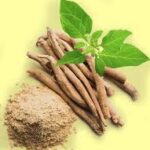

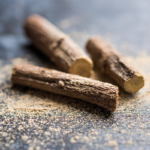

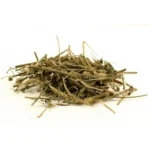
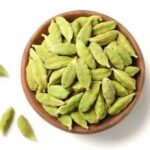
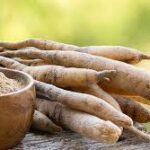
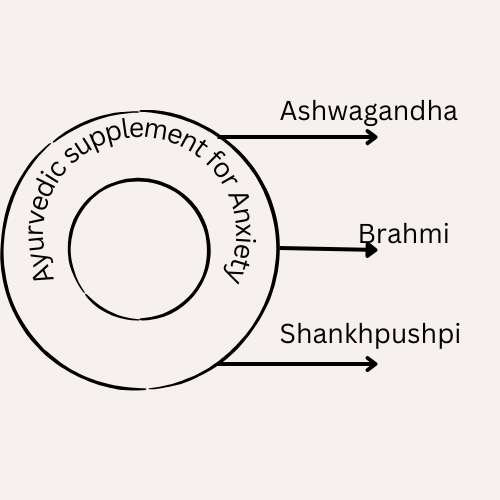
5 thoughts on “Herbs to Balance Vata Dosha: Restoring Calm and Grounding Energy”